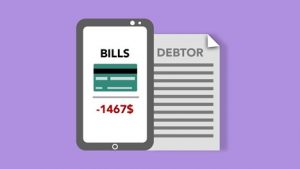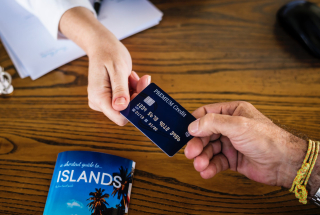If you are the executor in charge of overseeing the probate process for a loved one’s estate, there are certain duties you must keep in mind. One of these duties is sorting through the decedent’s debts. While these debts can certainly elongate the probate process, there are nonetheless important to navigate with care and attention. If you fail to pay an executor’s debts during probate, there could be serious consequences down the line, and it could also prolong the probate process even more than is already necessary. On today’s blog, we cover how to handle undisclosed debts during probate.
The Executor’s Responsibility
As executor, it is your responsibility to sort through the decedent’s assets and take account of what that person left behind. You should conduct a thorough review of bank account statements, properties, life insurance policies, investments, and anything else that the decedent owned. Importantly, too, you must review the decedent’s debts in order to understand what that person owed and how many creditors might be seeking payment from the estate.
Known v. Unknown Debts
Some of these debts will be obvious, in that the decedent will have left notice of the debts and the creditor will be a known entity. You have a responsibility to inform these creditors of your loved one’s death and settle up what the decedent still owes. Other times, however, you might not be aware that a debt or judgment exists. After conducting a thorough review of the decedent’s estate, you have a duty to publish a notification in a local newspaper to let unknown creditors know about the death of your loved one. This way, if a creditor finds out that the person owing them money passed, they can take the necessary steps to identify themselves and then receive the payments they need.
 Houston Estate Planning and Elder Law Attorney Blog
Houston Estate Planning and Elder Law Attorney Blog




